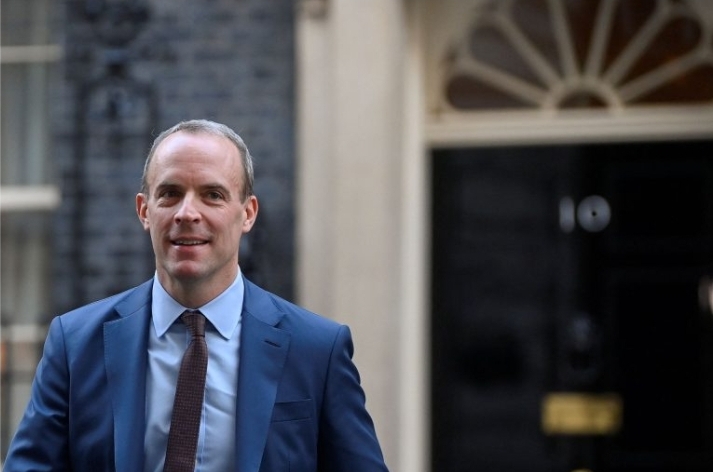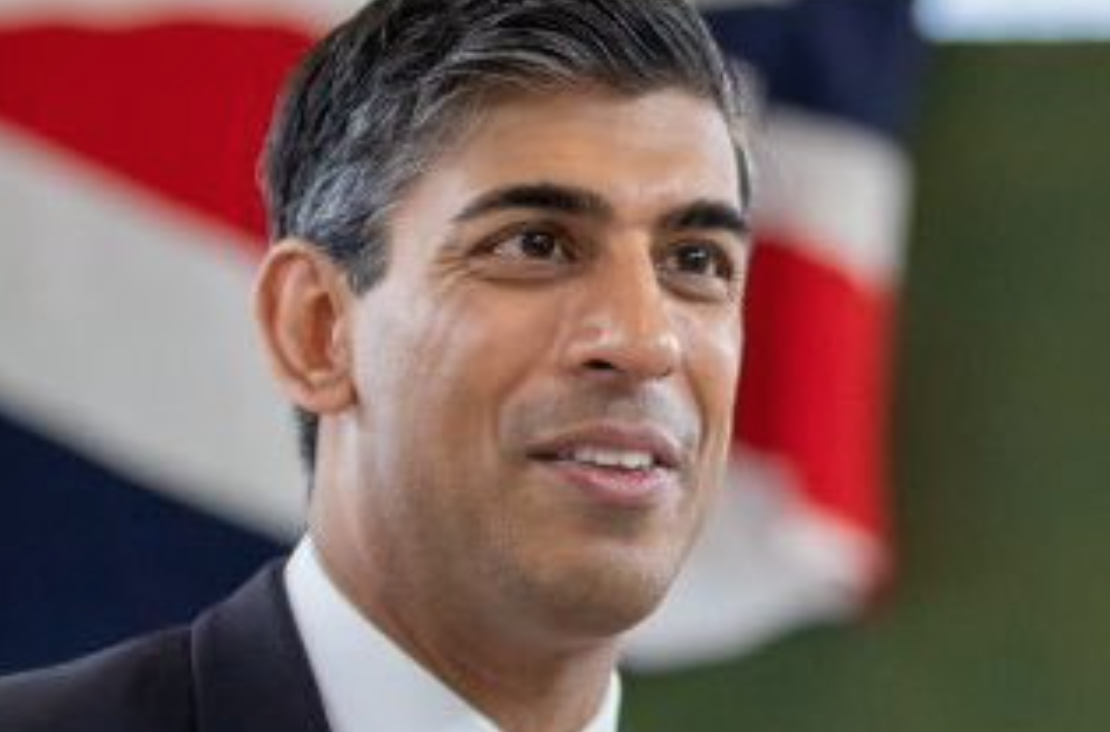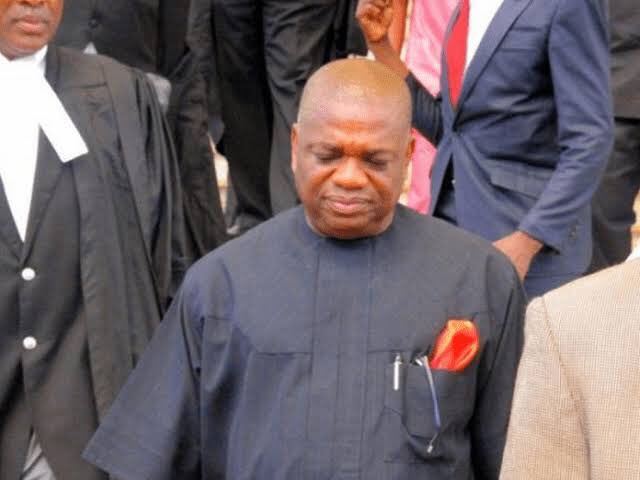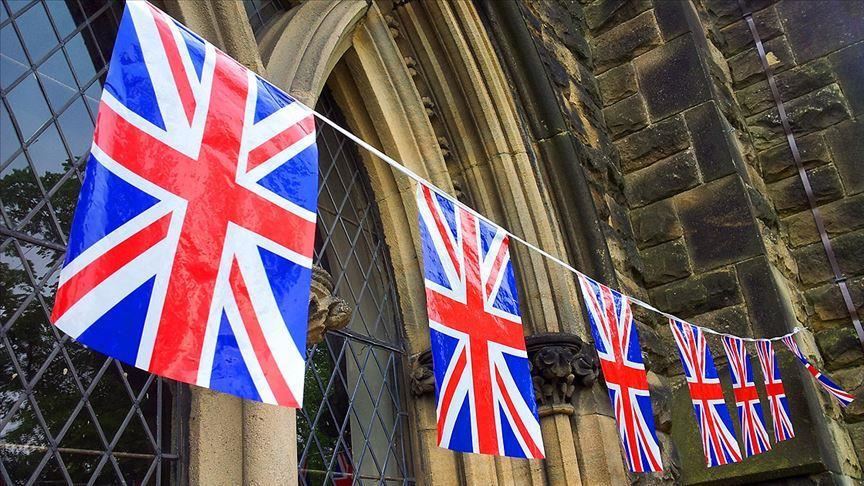British Deputy Prime Minister Dominic Raab resigned from the government on Friday following an independent investigation into complaints that he bullied colleagues.
Raab resigned in a letter to the prime minister before the report was made public.
His departure is a setback for Sunak just two weeks ahead of English local council elections where his Conservatives are predicted to fare badly.
This represents the latest scandal to force out one of Prime Minister Rishi Sunak’s top ministers.
The loss of the third senior minister over their personal conduct in the past six months will damage Sunak’s efforts to revive the governing Conservative Party’s fortunes.
It also serves as a major embarrassment as he had entered Downing Street in October promising a government of integrity.
“I called for the inquiry and undertook to resign if it made any finding of bullying whatsoever,” Raab’s letter said, adding: “I believe it is important to keep my word.”
Sunak said in a letter in reply that he accepted Raab’s resignation with deep sadness but said it was important that ministers uphold the highest of standards.
As deputy prime minister, Raab had no formal powers but stepped in for the prime minister if he was away from parliament or incapacitated.
However, he was a close political ally of Sunak and helped launch his campaign to be prime minister last summer.
The resignation will do little to improve the public perception of his government following the scandal-ridden tenure of Boris Johnson and the chaotic economic policies that brought down Liz Truss after less than two months.
The five-month investigation into Raab’s behaviour heard evidence from multiple government officials about complaints of bullying at three different departments.
The independent report by lawyer Adam Tolley found that Raab had acted in a way that was “intimidating” and “persistently aggressive” while at the Foreign Office.
It said while at the Justice Ministry, he had gone “further than was necessary or appropriate in delivering critical feedback and also insulting, in the sense of making unconstructive critical comments about the quality of work done”.
“(Raab) has been able to regulate this level of ‘abrasiveness’ since the announcement of the investigation,” Tolley wrote.
“He should have altered his approach earlier,” the lawyer added.
Raab requested the investigation in November following formal complaints about his behaviour by government officials.
He said he felt “duty-bound” to accept the outcome of the inquiry but also staunchly defended his conduct.
He said the report had concluded he had not once sworn, shouted, or physically intimidated anyone in four and a half years, and had dismissed all but two of the claims against him.
Raab apologised for any unintended stress or offence caused but said the decision to set a threshold for bullying so low “set a dangerous precedent” for the conduct of good government.
This will “have a chilling effect on those driving change on behalf of your government – and ultimately the British people”, he said in his letter.
Raab referred to the two incidents where there was a finding of bullying against him – one at the Foreign Office in dealing with a senior diplomat’s handling of the Brexit negotiation over Gibraltar, and one where he gave critical feedback during an earlier stint at the Ministry of Justice from 2021 to 2022.
Keir Starmer, the leader of the main opposition Labour Party, accused Sunak of “weakness” for failing to sack his deputy rather than letting him resign.
Another of Sunak’s senior ministers, Gavin Williamson, also quit in November after bullying allegations, and the prime minister sacked Conservative Party chair Nadhim Zahawi in January after he was found to have broken the ministerial code over his openness about his tax affairs.
Sunak is facing his own investigation by parliament’s standards watchdog into his behaviour over whether he properly declared his wife’s shareholding in a childcare company that stands to benefit from the new government policy.




![Just In: LP’s Peter Obi detained by UK Immigration [Read details]](https://thenewsguru.ng/wp-content/uploads/2023/02/obim.jpg)




